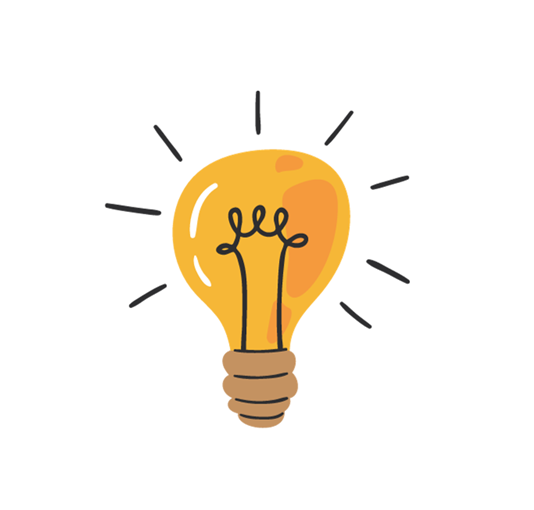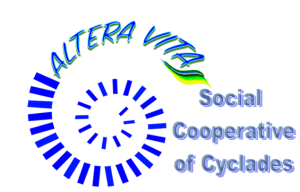Understanding Media and Information Literacy
Media has a proper identity in society bringing awareness to people by providing information, education, knowledge and entertainment. However, the media is not different from society, it is an integral part of our society. As a matter of fact, media content affects public thought and ideas and its effect are felt throughout society.
This awareness is not just a matter of choice, it is a means of actively participating in societal dialogue, upholding democratic values, and ensuring that the media remains a force for positive change in our world.

The key objectives of this section are to:
Increase awareness of the role of media and its impact on society.
Understand what we mean by the term literacy namely the ability to interpret, understand, and communicate information.
Integrate media and literacy, emphasizing the need for media literacy skills.
Promote critical thinking and responsible consumption of media.
Highlight the importance of understanding information in the digital age.
Establish core principles of media literacy: access, analysis, evaluation, and creation.
 Think for a moment...
Think for a moment...- Think about a recent online search. How did you assess the reliability of sources?
- Reflecting on your experiences with consuming digital media, what are some challenges you've faced in evaluating the credibility or bias of the information you encounter? How could improving your media literacy skills address these challenges?
- How could improving digital literacy enhance your use of online tools?

